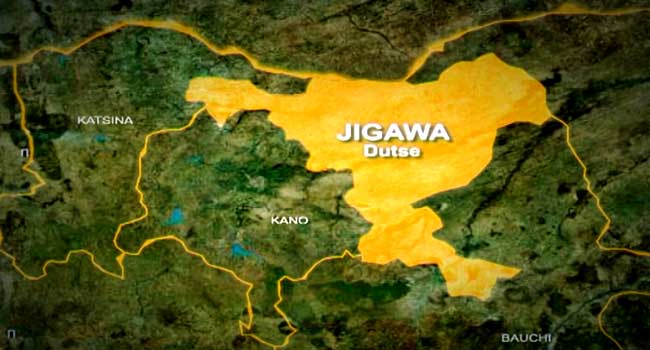The Jigawa government said it has approved N3.8 billion for procurement of grain for distribution to the poor and vulnerable persons in the state.
The Commissioner for Information, Youths, Sports and Culture, Sagir Musa stated this while briefing journalists on the outcome of the State Executive Council (SEC) meeting, Wednesday in Dutse, the State’s capital.
“The SEC today during its deliberations approved additional procurement of food items for distribution across the 27 Local Government Areas in the state, as a measure to reduce hardship caused by the fuel subsidy removal.
“The council has approved the procurement of 70 trucks of rice (each truck with 600 bags), millet and maize 54 trucks (each truck with 600 bags) and 1,000 cartons of pasta for distribution through the State Emergency Management Agency (SEMA) totaling N3,848,000.00 only.

“And the procurement is jointly financed by Federal, State and Local Governments,” he said.
Musa said the council also approved over N167 million for payment of registration fees of the indigent undergraduate students studying different courses at Federal University Dutse, Bayero University, Kano, Kano State University of Science and Technology and University of Maiduguri.
He added that the gesture aimed at assisting low income parents to cope with the increased registration fees of their children.
Also Read:
- 17,000 jostle for 2,500 Abia teaching jobs
- LAUTECH workers protest ‘sudden’ salary reduction
- IPI, MRA issue resource guide on instruments protecting press freedom
- 14-year-old girl docked over alleged N4m theft
- Ondo governor sacks two female media aides
The Commissioner said the Council also approved a N1 billion loan facility to the Jigawa Agricultural Supply Company (JASCO), to augment procurement of 54 units of tractors for the benefits of farmers in the state.
This, he said, was inline with the state government’s drive to transform agriculture and encourage productivity.
“The loan will assist small holder farmers to access Tractors Hiring Services (THS) to be reintroduced through the LGAs, to promote mechanised farming”.


